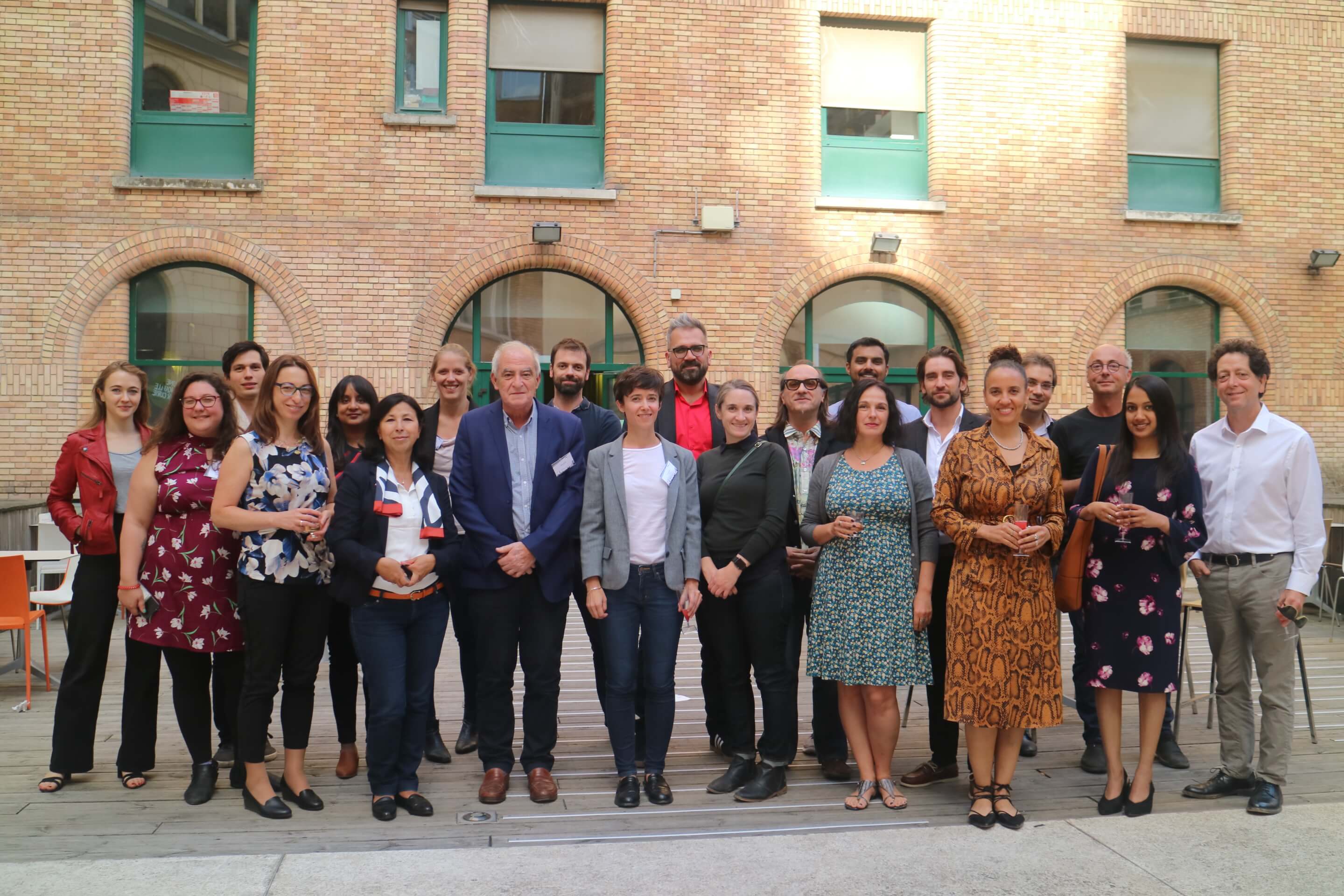
The Quantitative Biosciences Institute (QBI) at the University of California, San Francisco (UCSF), Institut Curie and Q-Life held their inaugural symposium in Paris in September titled “Quantitative Approaches to Cancer Research,” where 20 scientists from San Francisco and Paris were brought together to empower cancer research and dive into the possibility of forming promising partnerships.
The collaboration between the institutes was fueled by the desire of bringing together some of the world’s leading scientists and their respective expertise to investigate fundamental biological mechanisms to discover solutions to cancer, as well as other maladies including neurological and infectious diseases.
Ultimately, this collaborative ambition stems from the strong belief that developing and using quantitative approaches to study basic biological and biomedical problems will lead to groundbreaking scientific advances.
“Institut Curie is one of the most famous places in the world for cancer research and QBI is really about collaboration and bringing people together. It would be an honor to collaborate with their scientists as we apply some of our quantitative tools that are developed at QBI to studying cancer. Q-Life is conceptually very similar to QBI in that we try to bring together scientists from diverse backgrounds, like physicists, biologists and mathematicians to tackle important problems. That makes for a very easy partnership,” said Nevan Krogan, director of QBI.
The affiliation between QBI and Institut Curie initially began about a year ago when Krogan was invited to give a seminar in Paris by Aura Carreira, director of research at CNRS (French National Center for Scientific Research). They recognized the value in establishing links between scientists in Paris and San Francisco and discussed ways to ignite effective collaboration through symposia and fundraising strategies.
“We started this effort because we have the belief that we need many quantitative approaches, especially now with the advent of new technologies, where we are sequencing a lot of variants in cancer genes and cancer mutations that are being found. The only way, really, to advance with this challenge is to combine quantitative approaches with our basic science. Combining the two is a need. I think this meeting was a reflection of that,” said Carreira.
The symposium was the first of many steps taken as UCSF and Institut Curie strengthen their alliance moving forward.
“To advance cancer research what we need now is to include people from different fields, starting with computational biologists, as well as physicists, chemists and mathematicians. QBI has outstanding scientists and is very well equipped in mass spectrometry and DNA sequencing and that will be very useful in developing our own research in the future,” said Bruno Goud, former director of the research center at Institut Curie.
Next year, a second symposium will be held in San Francisco to further the collaborative exchange. In the meantime, UCSF and Institut Curie are in the process of finalizing an agreement to each contribute funds to create collaborative grants for scientists on both sides.
The hope is that this seed funding will lead to larger funding from federal agencies in both countries as well as from philanthropic opportunities that are presently being pursued.
The speakers included UCSF researchers Sourav Bandyopadhyay, Jennifer Grandis, Isha Jain, Natalia Jura, Nevan Krogan, Rushika Perera, Davide Ruggero, Kevan Shokat and Danielle Swaney. Scientists from Institut Curie and Q-Life included Olivier Ayrault, Emmanuel Barillot, Renata Basto, Aura Carreira, Emmanuel Farge, Anne Houdusse, Matthieu Piel, Raphael Rodriguez, Celine Vallot and Danijela Vignjevic.